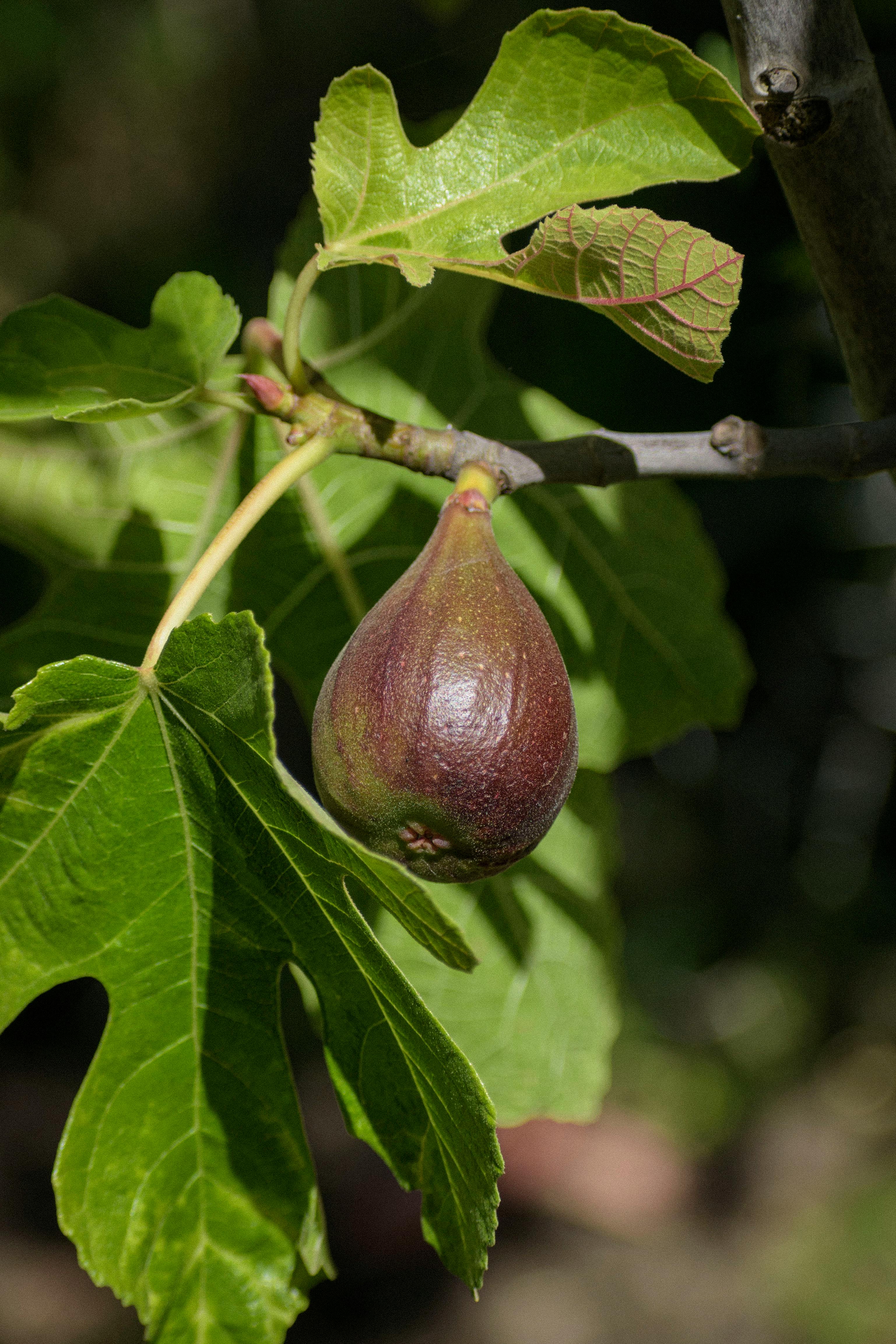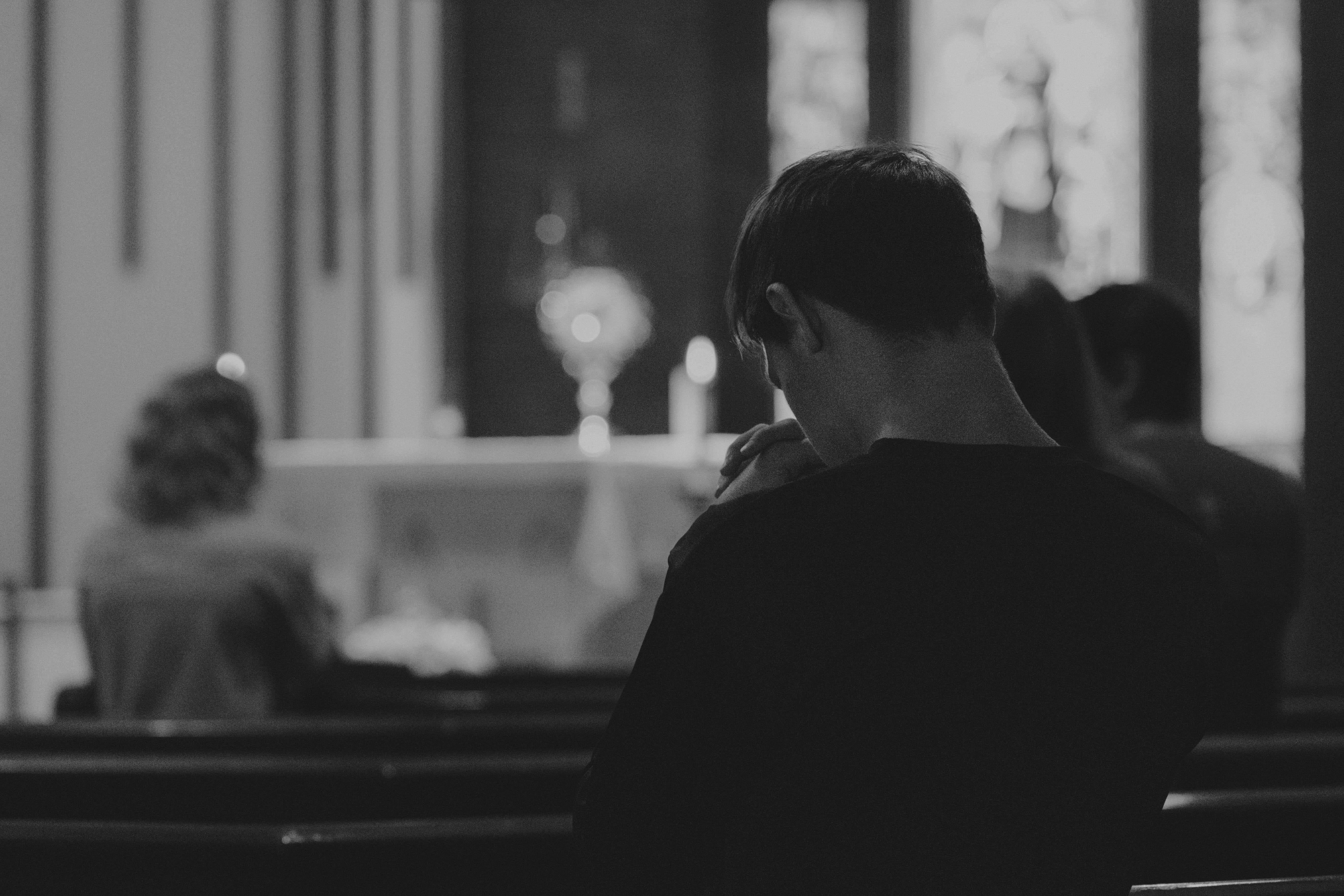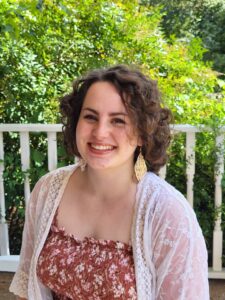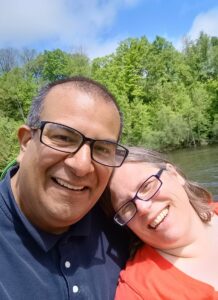I have always been inspired by the readings from the Acts of the Apostles. The way the followers of Christ sold everything and put it at the feet of the Apostles so everyone could be provided for, the way they persevered despite suffering so much for their faith, the way they traveled such vast distances to preach and teach. Having a background in missionary work, it is so nostalgic for me and makes me want to jump on a plane to go Evangelize in a foreign country. It always makes me want to do more.
Yet I am at a season in life where I simply cannot do that. I am not called to fly across the ocean or cross the southern border. I have my own children to raise now, and a suffering husband to take care of. My “foreign country” is now the four walls of my home and my “ocean” is the depths of love it takes to persevere day in and day out, despite constant challenges.
In the first reading Paul writes, “You are no longer strangers and sojourners, but you are fellow citizens with the holy ones and members of the household of God, built upon the foundation of the Apostles and prophets, with Christ Jesus himself as the capstone. Through him the whole structure is held together and grows into a temple sacred in the Lord; in him you also are being built together into a dwelling place of God in the Spirit.” These words can bring so much joy to our hearts!
We may not be sojourners but we are still members of the household of God. We may not be able to go out and preach like the Apostles did but we are built upon their foundation. We were not afforded the privilege of meeting Jesus in person but He is still our capstone, our Leader. We are an essential part of the temple that is sacred to the Lord, the temple that He Himself holds together. And perhaps most importantly, God resides in us! We are a dwelling place of the Holy Spirit!
Essentially it doesn’t matter how far we travel or how many words we preach or how many people we convert. What matters is allowing God to work in us and through us in the way that He wishes. What matters is having the humility and the flexibility and the openness to become one of His fine-tuned instruments. What matters is loving and being loved by both God and others. So march on, missionary disciple, and continue the work that God has in store for you.
Siempre me han inspirado las lecturas de los Hechos de los Apóstoles. La forma en que los seguidores de Cristo vendieron todo y lo pusieron a los pies de los Apóstoles para que todos pudieran recibir sustento, la forma en que perseveraron a pesar de sufrir tanto por su fe, la forma en que viajaron distancias tan largas para predicar y enseñar. Con mi experiencia en el trabajo misionero, me resulta muy nostálgico y me dan ganas de subirme a un avión para ir a evangelizar a un país extranjero. Siempre me dan ganas de hacer más.
Sin embargo, estoy en una etapa de mi vida en la que simplemente no puedo hacerlo. No estoy llamada a cruzar el océano ni a cruzar la frontera del sur. Ahora tengo que criar a mis propios hijos y cuidar de un esposo que sufre. Mi “país extranjero” ahora son las cuatro paredes de mi casa y mi “océano” es la profundidad del amor que se requiere para perseverar día tras día, a pesar de las dificultades constantes.
En la primera lectura, Pablo escribe: “Ya no son ustedes extranjeros ni advenedizos; son conciudadanos de los santos y pertenecen a la familia de Dios, porque han sido edificados sobre el cimiento de los apóstoles y de los profetas, siendo Cristo Jesús la piedra angular.
Sobre Cristo, todo el edificio se va levantando bien estructurado, para formar el templo santo del Señor, y unidos a él también ustedes se van incorporando al edificio, por medio del Espíritu Santo, para ser morada de Dios.” ¡Estas palabras pueden traer mucha alegría a nuestros corazones!
Puede que no seamos advenedizos, pero seguimos siendo miembros de la familia de Dios. Quizás no podamos salir a predicar como lo hicieron los apóstoles, pero estamos edificados sobre su cimiento. No tuvimos el privilegio de conocer a Jesús en persona, pero Él sigue siendo nuestra piedra angular, nuestro Líder. Somos parte esencial del templo sagrado para el Señor, el templo que Él mismo mantiene unido. Y quizás lo más importante, ¡Dios reside dentro de nosotros! ¡Somos morada del Espíritu Santo!
En esencia, no importa cuán lejos viajemos, cuántas palabras prediquemos ni a cuántas personas convirtamos. Lo que importa es permitir que Dios obre en nosotros y a través de nosotros como Él desea. Lo que importa es tener la humildad, la flexibilidad y la disposición para convertirnos en uno de sus instrumentos afinados. Lo que importa es amar y ser amado tanto por Dios como por los demás. Así que, sigue adelante, discípulo misionero, y continúa la obra que Dios tiene preparada para ti.
 Tami Urcia is a midwestern gal from a large Catholic family. As a young adulthood she was a missionary in Mexico, where she studied theology and philosophy. After returning stateside bilingual, she gained a variety of work experience, traveled extensively and finished her Bachelor’s Degree at Brescia University. She loves organizing and simplifying things, watching her children play sports, deep conversations with close family and friends and finding unique ways to brighten others’ day with Christ’s love. She works full time at Diocesan in the Software Department and manages the Inspiration Daily reflections. She is also a contributing writer on CatholicMom.com and BlessedIsShe.net.
Tami Urcia is a midwestern gal from a large Catholic family. As a young adulthood she was a missionary in Mexico, where she studied theology and philosophy. After returning stateside bilingual, she gained a variety of work experience, traveled extensively and finished her Bachelor’s Degree at Brescia University. She loves organizing and simplifying things, watching her children play sports, deep conversations with close family and friends and finding unique ways to brighten others’ day with Christ’s love. She works full time at Diocesan in the Software Department and manages the Inspiration Daily reflections. She is also a contributing writer on CatholicMom.com and BlessedIsShe.net.
Feature Image Credit: Wesley Mc Lachlan, unsplash.com/photos/man-in-white-long-sleeve-shirt-carrying-baby-in-white-onesie-x4t14QJb1cQ
The views and opinions expressed in the Inspiration Daily blog are solely those of the original authors and contributors. These views and opinions do not necessarily represent those of Diocesan, the Diocesan staff, or other contributors to this blog.


 Deacon Dan Schneider is a retired general manager of industrial distributors. He and his wife Vicki have been married for over 55 years. They are the parents of eight children and thirty-one grandchildren. He has a degree in Family Life Education from Spring Arbor University. He was ordained a Permanent Deacon in 2002. He has a passion for working with engaged and married couples and his main ministry has been preparing couples for marriage.
Deacon Dan Schneider is a retired general manager of industrial distributors. He and his wife Vicki have been married for over 55 years. They are the parents of eight children and thirty-one grandchildren. He has a degree in Family Life Education from Spring Arbor University. He was ordained a Permanent Deacon in 2002. He has a passion for working with engaged and married couples and his main ministry has been preparing couples for marriage.
 Deanna G. Bartalini, M.Ed.; M.P.A., is a certified spiritual director, writer, speaker and content creator. The
Deanna G. Bartalini, M.Ed.; M.P.A., is a certified spiritual director, writer, speaker and content creator. The 
 Pamela Kavanaugh is a grateful wife, mother, and grandmother who has dedicated her professional life to Catholic education. Though she has done her very best to teach her students well in the subjects of language and religion, she knows that she has learned more than she has taught. She lives, teaches, and writes in southwest suburban Chicago.
Pamela Kavanaugh is a grateful wife, mother, and grandmother who has dedicated her professional life to Catholic education. Though she has done her very best to teach her students well in the subjects of language and religion, she knows that she has learned more than she has taught. She lives, teaches, and writes in southwest suburban Chicago.


 Hailing from Nashville, Catherine is a graduate of Christendom College with a lifelong passion for words. Her love of writing and her Catholic Faith continue to shape her as a freelance editor, copywriter, and (aspiring) novelist, where she pursues her passions for the love and greater glory of God.
Hailing from Nashville, Catherine is a graduate of Christendom College with a lifelong passion for words. Her love of writing and her Catholic Faith continue to shape her as a freelance editor, copywriter, and (aspiring) novelist, where she pursues her passions for the love and greater glory of God.

 Felix Urcia was born in Lima, Peru. He moved the U.S. to complete his college degree in Computer Science at Northern Kentucky University. He is passionate about his faith, his family, education and soccer. When he is not homeschooling and caring for his young children he enjoys personal programing projects and sports analysis. He and wife live in a small town in Western Michigan where they enjoy spending time with their five children.
Felix Urcia was born in Lima, Peru. He moved the U.S. to complete his college degree in Computer Science at Northern Kentucky University. He is passionate about his faith, his family, education and soccer. When he is not homeschooling and caring for his young children he enjoys personal programing projects and sports analysis. He and wife live in a small town in Western Michigan where they enjoy spending time with their five children.
 Ben Hooper is originally from Maryland, having been adopted from Korea and growing up in the Catholic faith. He went to Franciscan University to dive deeper into his faith and eventually graduated with a degree in Business Management. He loves musical theater, sports, spending time with his wife Lily and their dog Kolbe.
Ben Hooper is originally from Maryland, having been adopted from Korea and growing up in the Catholic faith. He went to Franciscan University to dive deeper into his faith and eventually graduated with a degree in Business Management. He loves musical theater, sports, spending time with his wife Lily and their dog Kolbe.


 Mike Karpus is a regular guy. He grew up in Michigan’s Upper Peninsula, graduated from Michigan State University and works as an editor. He is married to a Catholic school principal, raised two daughters who became Catholic school teachers at points in their careers, and now relishes his two grandchildren, including the older one who is fascinated with learning about his faith. He also has served on a Catholic school board, a pastoral council and a parish stewardship committee. He currently is a lector at Mass, a Knight of Columbus, Adult Faith Formation Committee member and a board member of the local Habitat for Humanity organization. But mostly he’s a regular guy.
Mike Karpus is a regular guy. He grew up in Michigan’s Upper Peninsula, graduated from Michigan State University and works as an editor. He is married to a Catholic school principal, raised two daughters who became Catholic school teachers at points in their careers, and now relishes his two grandchildren, including the older one who is fascinated with learning about his faith. He also has served on a Catholic school board, a pastoral council and a parish stewardship committee. He currently is a lector at Mass, a Knight of Columbus, Adult Faith Formation Committee member and a board member of the local Habitat for Humanity organization. But mostly he’s a regular guy.